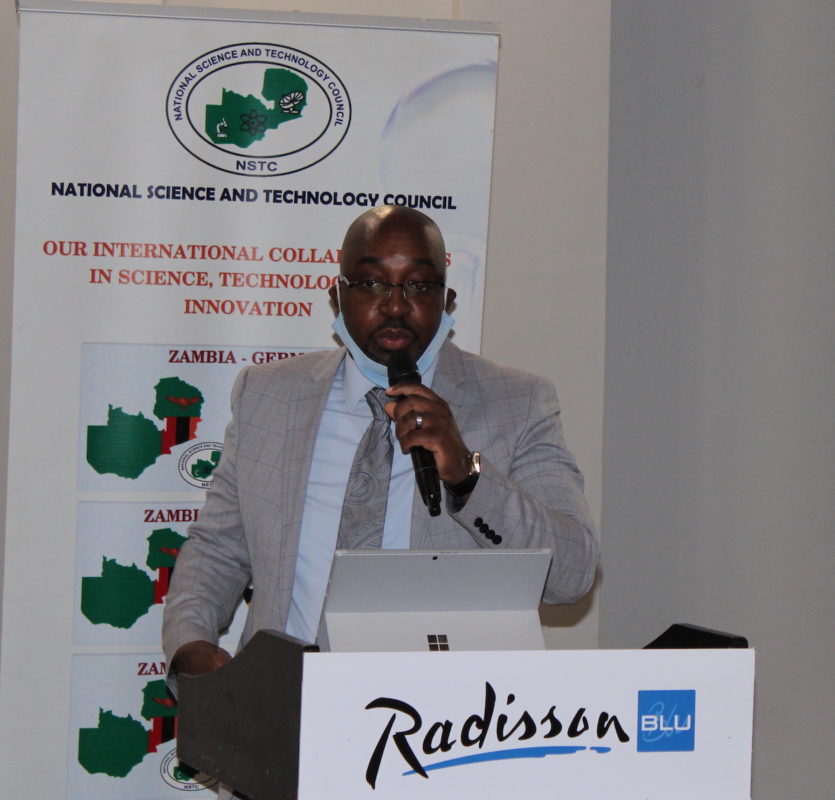Scientists on the African continent are making frantic efforts to find home-grown solutions to the COVID-19 global pandemic.
Their work has progressed despite infrastructure limitations, including the lack of proper laboratories and equipment for research.
One country that has demonstrated the ability to rise to the challenge is Senegal, which has developed some of the world’s most affordable coronavirus testing kits and 3D-printed ventilators. A Senegal laboratory developed the $1 test kit and $60 ventilator using its experience in dealing with HIV-AIDS and Ebola outbreaks.
These developments have demonstrated the willingness of African researchers to join hands with scientists across the world in combating the pandemic.
For example, South Africa has started preliminary work on a coronavirus vaccine. The University of Cape Town, the Council for Scientific and Industrial Research and the Biological and Vaccines Institute of Southern Africa are working on this project.
In Zambia, researchers at the University of Zambia (UNZA) are developing a full body prototype medical ventilator to enhance the nation’s response to COVID–19. During a ceremony to unveil the project, UNZA Vice Chancellor Luke Mumba called on the Zambian government to exploit the university’s unique capacity to innovate.
“We are now in the limelight and cannot afford excuses as the country is awaiting the ventilator,” Prof Mumba said.
Dr. Brian Mushimba, Zambian Minister of Higher Education, said that once developed, the ventilator’s subsequent use in health facilities will help in the fight against COVID-19.
The Zambian government also recently issued a call through the National Science and Technology Council (NSTC), a science regulatory body, urging the country’s scientific community to contribute critical knowledge and solutions that will help prevent and contain the country’s current outbreak of COVID–19, thus slowing further spread among the local population.

The call attracted 57 applications, out of which 14 proposals emerged successful following a rigorous screening process. The approved research projects include modelling the spread of the pandemic; assessing the impact of the pandemic on social and cultural dynamics; identifying potentially infectious asymptomatic carriers; assessing environmental factors related to increased transmission of COVID-19; novel coronavirus replication, possible genetic mutation and vaccine development; determining the efficacy of interventions and measures put in place to prevent and control the transmission of COVID-19, and development prevention and life resuscitation technologies.
At the ceremony to signal the start of the research, Mushimba called on Zambia’s researchers to be proactive in coming up with scientific solutions to scientific challenges.
“I therefore wish to call upon the research community in Zambia to look out for these calls and take part so that we only not only find solutions for the COVID-19 pandemic in Zambia, but for the region and global community as well,” Mushimba said.
Dr. James Nyirenda, a UNZA researcher whose project aims to create a repository of potential antiviral compounds against future novel viral plagues, was optimistic about the work that he and his colleagues will embark upon to address the pandemic.
Meanwhile, there is growing concern over the COVID conspiracy theories and myths that are being perpetuated in most African communities.
Paul Simukoko, a resident of the nation’s capital of Lusaka, said in an interview with the Alliance for Science that there is a need to demystify the conspiracy theories about COVID–19 that are being peddled in communities.
“It’s unfortunate that some religious sects are telling their followers that there is no COVID-19, which is dangerous,” he said. “You have seen what the pandemic has done to other countries across the world.”
Simukoko called on information disseminators, such as journalists, to better educate the public about the dangers of the pandemic.
“What is happening now is that every country in Africa has has its own conspiracies,” he said. “I have heard that in one of the African countries they are saying this pandemic is not for Africa but look at the fatalities.”
Africa has reported over 300,000 cases of COVID–19, with more than 8,000 fatalities. That’s far lower than the 133,000 deaths in the United States and nearly 67,000 deaths in Brazil.
Some experts have stated that the pandemic has spared the continent, but others are saying the pandemic has yet to peak in Africa. However, the response to the pandemic has crippled most sectors of the economy, pushing many into unemployment.
Image: Researcher in South Africa. Shutterstock
